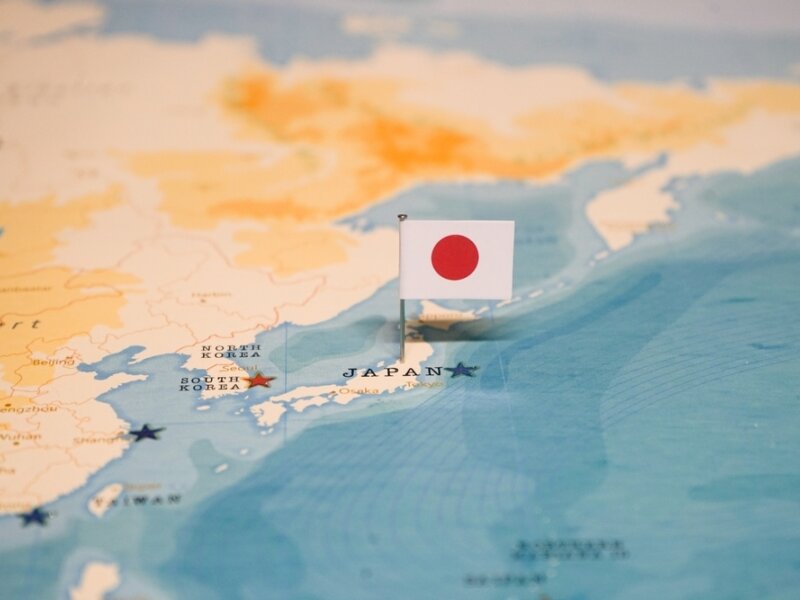Sudan: Taking Stock of Mediation Efforts
Since war broke out in Sudan, little attention has been paid to mediation efforts and their lack of progress in alleviating human suffering. The analysis by Chepkorir Sambu

Since war broke out in Sudan, much focus has been on the conflict parties, the scale of the humanitarian crisis, and the dynamics and evolution of the war. However fundamental these issues are, little attention has been paid to an equally important aspect: mediation efforts and their lack of progress in ending the war or alleviating human suffering.
The war in Sudan broke out on 15 April 2023 between two entities of Sudan's security apparatus: the conventional army, the Sudanese Armed Forces (SAF), led by General Abdel Fattah al-Burhan, and a paramilitary force, the Rapid Support Forces (RSF), led by Mohamed Hamdan Dagalo commonly known as Hemedti.
Barely a month later, the U.S. and Saudia Arabia initiated the Jeddah Process, which, on 11 May 2023, managed to get both sides to sign the Jeddah Declaration of Commitment to Protect the Civilians of Sudan. This Declaration has never been implemented. In June 2023, IGAD established the IGAD Quartet chaired by Kenya to find a solution to the crisis in Sudan. This also failed to result in any tangible outcomes. Concurrently, in July 2023, Egypt commenced the Cairo Process that focused on bringing together Sudan’s seven neighbours. It also made no progress beyond a communiqué.
Other bilateral efforts have since come from the U.S., Saudi Arabia, and Switzerland working jointly to convene ceasefire talks in August 2024, as well as Turkey which offered to mediate between SAF and the United Arab Emirates last December.
These bilateral initiatives have lacked the inclusivity necessary to achieve sustainable peace. They have also worked with different definitions of the problem in Sudan and failed to co-ordinate with each other to form a cohesive or complementary process. In the end, they have anchored divisions.
Assessing multilateral initiatives
Multilateral efforts have come from the Inter-Governmental Authority on Development (IGAD), the African Union (AU), and the United Nations (UN). They have also recorded insignificant progress. The A.U. established the African Union High Level Panel on Sudan (HLP-Sudan) in February 2024 but also merged its process with IGAD to form the IGAD/AU-led process on Sudan in late 2023. This process is ongoing albeit undermined by divisions among Sudanese civilians, the external involvement of Sudan’s neighbours in the war, and a general lack of support.
UN-led Mediation
The UN process was established in November 2023 with the appointment of Ramtane Lamamra as the UN Secretary General's Personal Envoy for Sudan. Much hope initially accompanied this intervention, especially since Sudan is seen as the par-excellence case for multilateral mediation due to its domestic, regional, and international elements. Yet, the UN has struggled to register any tangible outcomes on either the humanitarian or political tracks. The humanitarian situation has continued to deteriorate alarmingly with deaths estimated in the hundreds of thousands, over 30 million Sudanese needing humanitarian aid, and famine officially declared in parts of Darfur and Kordofan. Politically, nothing has come out of the several consultations held with civilians and the warring parties to chart a viable political future for Sudan. Meanwhile, the violence is widening ethnic divides, as more civilian groups are drawn into the conflict or align themselves with either party.
Abdul Mohammed who served as the Senior Political Adviser and Head of Office in the UN-led Sudan Mediation, recently expressed his frustration with the lack of progress in the U.N. process. In an article published by Sudan Transparency and Policy Tracker, he delves into the “failure of mediation” in the UN-led process, which 18 months down the line has yet to produce a ceasefire or any roadmap. He describes the mediation as “timid and unserious”, narrow in interpretation of its mandate, and minimalist in strategy, with limited engagement by the Personal Envoy. Further, he faults it for turning into a parallel mechanism competing with the AU and IGAD, thereby, like the bilateral processes, fragmenting multilateral response. This is unlike the situation in 2010, when the Sudan Consultative Forum was established and co-chaired by the AU and the UN.
Urgency of Mediation
As mediation efforts continue to be ineffective, the situation also grows worse in both Sudan and the region. In late March, tensions rose between Chad and Sudan after a SAF general declared airports in Amdjarass legitimate military targets. On the other hand, the RSF declared a parallel government on 16 April and directed a drone attack on Port Sudan for the first time on 4 May 2025. These events come after SAF bombed Nyala airport on 3 May and re-captured Khartoum end of March.
Current developments underscore the urgency and crucial role of a mediated solution in Sudan, now more than ever.



